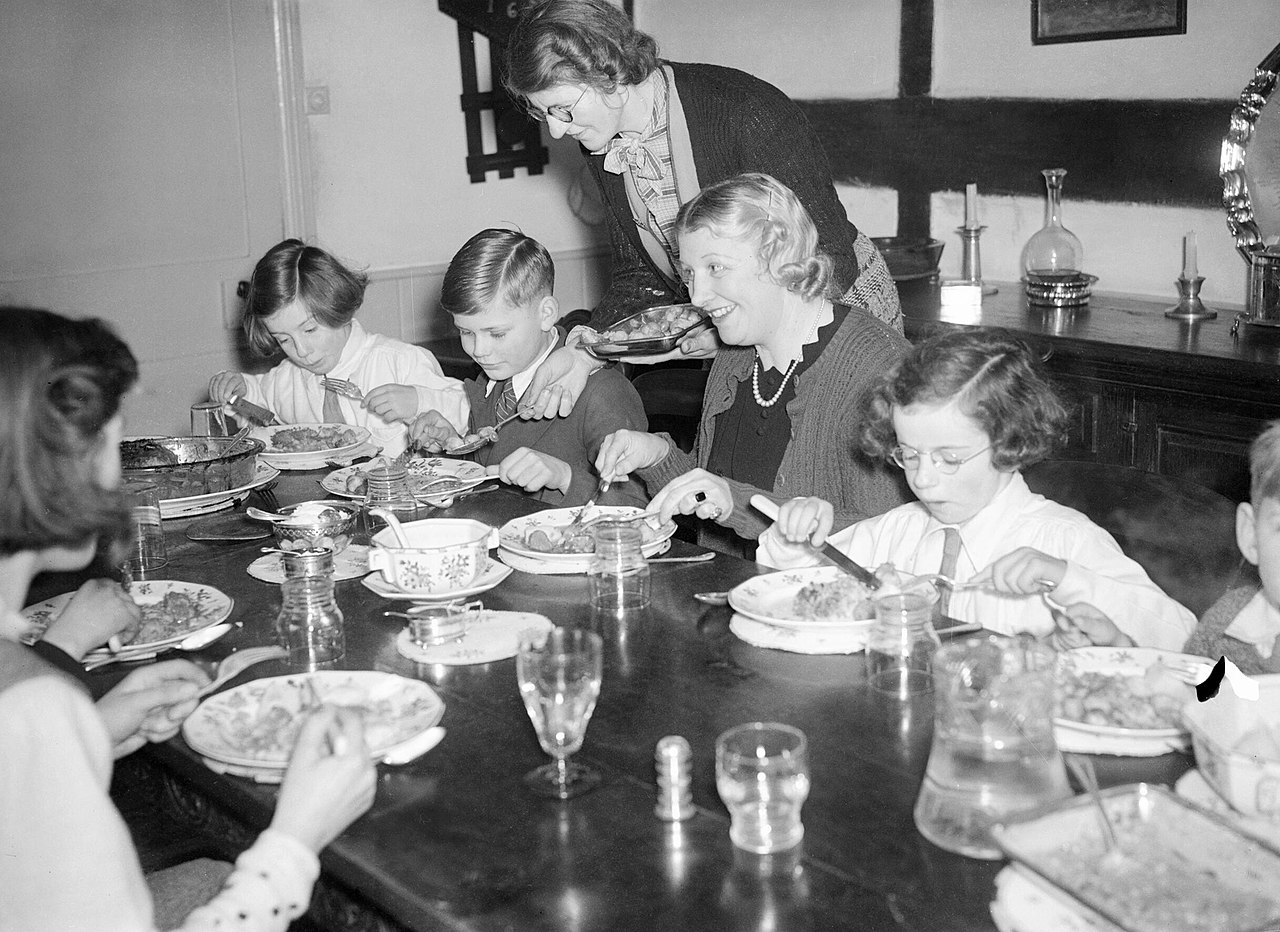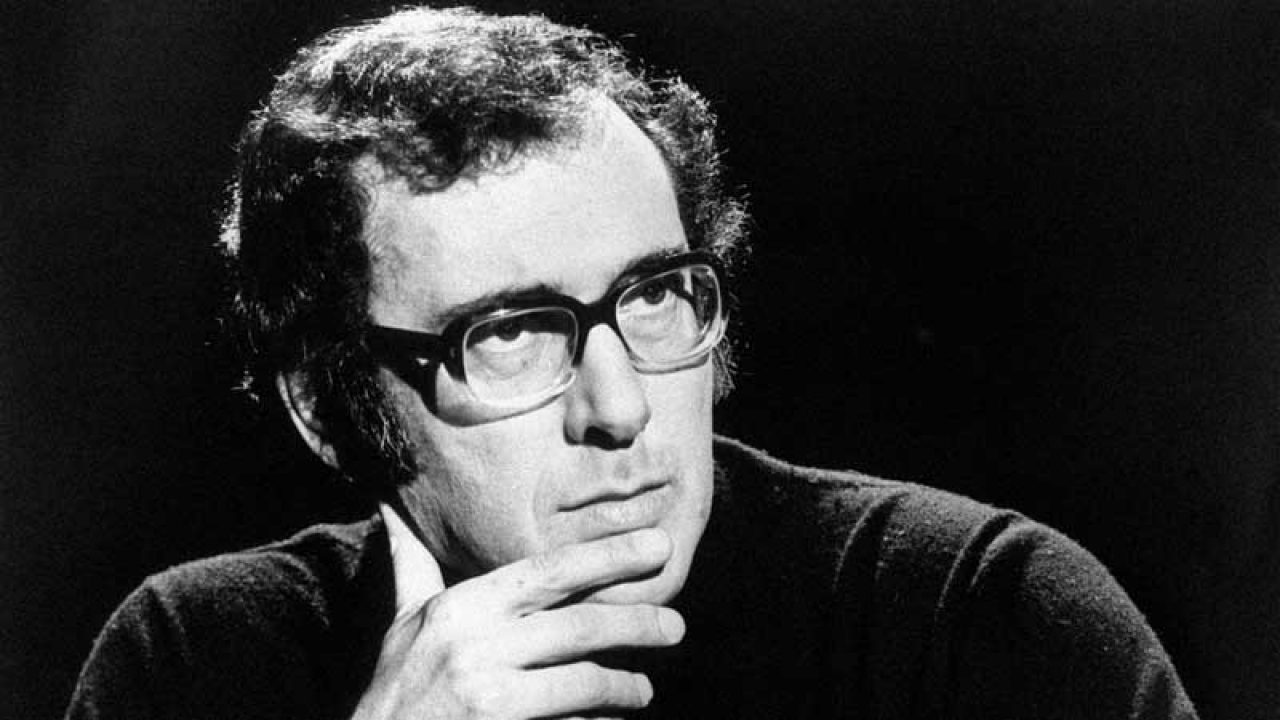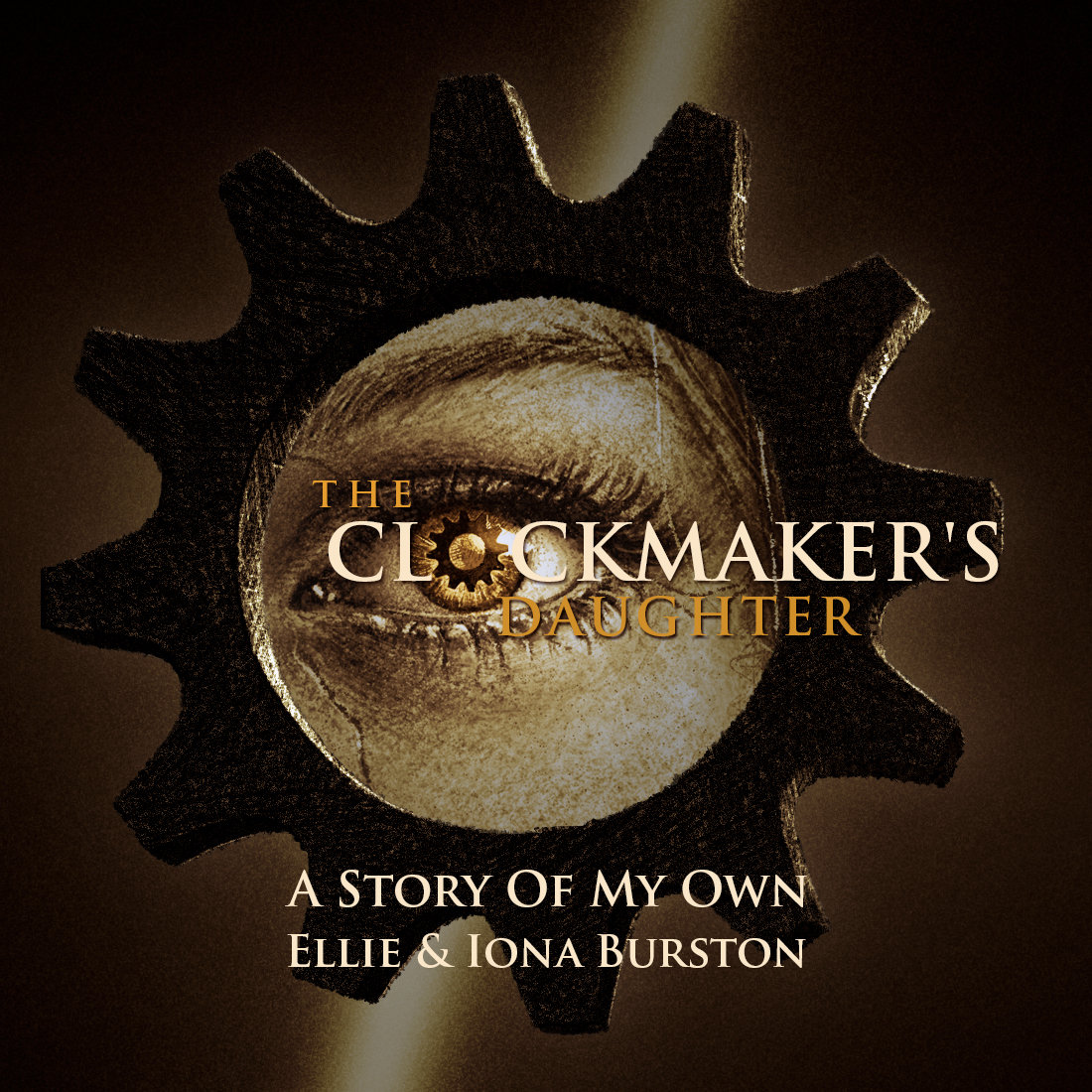A collection of short stories by English author Angela Carter is titled The Bloody Chamber (or The Bloody Chamber and Other Stories). It received the Cheltenham Festival Literary Prize and was initially published in the UK by Gollancz in 1979. All of the tales have in common that they are heavily influenced by fairytales or folklore.
The Bloody Chamber contains tales that are specifically inspired by fairy tales. Charles Perrault, a writer and collector of fairy tales whose works Carter had recently translated, was undoubtedly an influence on Carter.
1. “…for the first time in my innocent and confined life, I sensed in myself a potentiality for corruption that took my breath away. The next day, we were married.” -Angela Carter

“The Bloody Chamber” is a reworking of a fairy tale, just like many of Carter’s best-known pieces. In this instance, it is the gruesome story of Bluebeard, a wife murderer. Carter never merely updated mythic tales for the sake of modernization; rather, the tales’ underlying, essential psychopathology is always given a more nuanced twist. In this instance, the innocent virgin bride, whose curiosity leads to her awful end, is greatly expanded so that the predatory husband is no longer the exclusive focus of the moral corruption in the story.
As Carter gives the character a corrupted soul that transcends the character’s prior limitations of morality and sexuality and even extends to making her a collaborator in the groom’s warped thirst for wealth, the bride must now accept responsibility for more than just feminine curiosity.
2. “The puppet master … impotent at … last, saw the dolls break free of their strings.” -Angela Carter
The Marquis loses his influence when the narrator’s mother shows up to protect her daughter. This action represents the liberation of women from the constraints of the patriarchy by an empowered, active matriarchy.
3. “The amniotic salinity of the sea,” “that strange amphibious place,” “the faery solitude of the place.” -Angela Carter
This quote gives the impression that the scene is isolated and has a magical element. The amniotic nature conjures either a picture of rebirth taking place there or as a womb for evil to develop. Its amphibious characteristics make it feel rather unnatural as a location, like something that has advanced so far beyond humans that it no longer has a human-made quality but is instead icy and amphibious.
4. “To join his gallery of beautiful women.” -Angela Carter
This quotation implies that women are just paintings of want rather than complete people who are more than “sentient vegetables” and who cannot be “acquired” and foreshadows the discovery of a gory chamber. And this phrase also alludes to the discovery of a grisly chamber and suggests that women are nothing more than paintings of desolation rather than whole individuals who are more than just “sentient vegetables” and who cannot be “purchased.”
5. “I must pay the price of my new knowledge.” -Angela Carter
Finding the Marquis’ slain ex-wives, the narrator knows she has done exactly what the Marquis desired. With knowledge of the outcome, he “purchased” her to play this terrible game with her. The narrator has metaphorically consumed the fruit of the tree of knowledge, and like with Eve in the Bible; the result is death. But instead of giving up, the narrator is strengthened by her own understanding of her complex nature and refuses to submit to the Marquis so easily.
6. “The unguessable country of marriage.” -Angela Carter

A metaphor for the girl’s personal transition from childhood to adulthood, the journey serves as a backdrop. Fresh experience of “marriage” and a place unknown awaits her as she leaves the “white” purity of her surroundings. Similar to Hamlet’s “undiscovered region from whose bourne, no traveler returns,”-it suggests a connection between death and violence as well as marriage and love. The journey is a backdrop, a metaphor for the girl’s own passage from childhood to adulthood. As she departs from the “white” purity of her surroundings, she will encounter a new “marriage” experience in an uncharted location. Establishes a connection between death and violence as well as marriage and love, much like Hamlet’s “undiscovered zone from which bourne, no visitor returns.
7. “I lay in our wide bed accompanied by a sleepless companion, my dark newborn curiosity.” -Angela Carter
The Marquis arouses the narrator’s repulsion and attraction at the same time. In Angela Carter’s works, the heroine frequently experiences this battle between want and repulsion. And in a patriarchal society that sexualizes women while also punishing them for engaging in sex, it captures the conflicted feelings a woman has about her sexuality. In the same vein, it acknowledges lust’s independence from love.
8. “I can scarcely believe it … that man … so rich; so well-born.” -Angela Carter
The emotion of a society that associates prosperity with dignity and poverty with disgrace is expressed by Jean-Yves, the blind piano tuner. Angela Carter confronts this discrimination based on a class by demonstrating through the Marquis that the wealthy have the ability and resources to commit crimes.
9. “Leonine shape of his nostrils” and “dark mane streaked with silver.” -Angela Carter
Marquis’ overwhelming animal nature starts to manifest itself in his outward look. Explains his inhuman feelings and craving for sex, blood, and violence and foreshadows his subsequent inhumanity. It also contains the themes of Bestiality/ Transformation (Human/Animal)/ Supernatural).
10. “I was not afraid of him, but of myself … reborn in unfamiliar shapes.” -Angela Carter
The narrator wonders who she is after the Marquis claims that he picked her because “he saw a remarkable capacity for corrupting” in her innocence. Despite the fact that she is unfamiliar with the female he portrays to her, she realizes that there could be “a grain of hideous truth” there. The transition from virginity to nascent sexuality has been made by the narrator, and it both intrigues and frightens her. He was terrified of himself instead of the other person because he had been reborn in strange shapes.
11. “My little love, you’ll never know how much I hate daylight!” -Angela Carter
The narrator realizes that the Marquis at least has the decency to feel guilty about his wrongdoings. Because it reveals to him just how genuinely awful he is, the Marquis despises goodness. In order to maintain its hold on power, corruption, particularly the patriarchy, resists the enlightenment of women by any means necessary, as demonstrated by Angela Carter.
12. “Stripped like an artichoke”
“He the gourmand he was”
“Unwrapped his bargain.” -Angela Carter

As food satisfies hunger, she satisfies his need for pleasure. He craves her in an animalistic way. that is required to really satisfy a seasoned “gourmand.” It shows the Gothic themes of Overindulgence/Appetite.
13. “When he put the gold band on my finger, I had, in some way, ceased to be her child in becoming his wife.” -Angela Carter
This quotation highlights the transactional aspect of marriage, how marriage results in the loss of childhood and identity, and how it subverts the tradition by having the mother be the one to give the child away. She had somehow stopped being the child when he put the gold band on my finger and became his wife.
14. “After my first shock, I was forced always to mimic surprise.” -Angela Carter
This quote shows that there are no actual feelings or emotions between them, and their relationship is founded on falsehoods and fakery; the shock is a bad thing, making her fear her new husband; forced is masculine dominance, making her submit to him.
15. “She might, at last, banish the specter of poverty.” -Angela Carter
The word “banish” is direct and has overtones of authority and agency. Carter’s mother is a role model, and this quote suggests that Carter wants to eradicate the stigma associated with the feudal era. Carter believed in survival in entertainment in large part because she wished to be a strong woman like my mother. Her mom is her real role model.
16. “Mother ‘defiantly beggared herself for love.” -Angela Carter
In this quotation, the mother sets the narrator in opposition to herself and instructs her that she should only wed for love and not for money. The love and affection between two people are what endures in a marriage; one should not marry for materialistic goods or look for materialistic things in a marriage because they all pass away. Instead, one should be unselfish and thirsty for love.
17. “Married three times within my own brief lifetime to three different graces, now, as if to demonstrate the eclecticism of his taste, he had invited me to join the gallery of beautiful women.” -Angela Carter
The women are framed in this quote as things that the Marquis should acquire and put on display. Also hinted to by the statement “of beautiful women,” which he later keeps a bloody display of in his forbidden room.
18. “The key slid into the new lock as easily as a hot knife into butter.” -Angela Carter
In order to depict the symbol of penetration now. In the hands of women and the thrill of accepting latent yearning. This quotation makes use of sensual similes and imagery.
19. “The white dress; the frail child within it; and the flashing crimson jewels round her throat, bright as arterial blood.” -Angela Carter
In this quote, thinking about the associations with innocence and purity that childhood and the color white have. These, along with the unsettling images her necklace conjures, paint the main character as a sacrificed victim. This necklace’s description by Carter suggests that the Marquis plans to behead her.
20. “Perhaps I have imagined, then, that I might find his real self in his den.” -Angela Carter
This quote demonstrates how the transgression is a journey into Marquis’ psyche. And the narrator embraces both his own desire to transgress. As well as his desire to embrace himself and learn new things about the person. To accept and embrace oneself. One should accept and embrace themselves just as they are.


